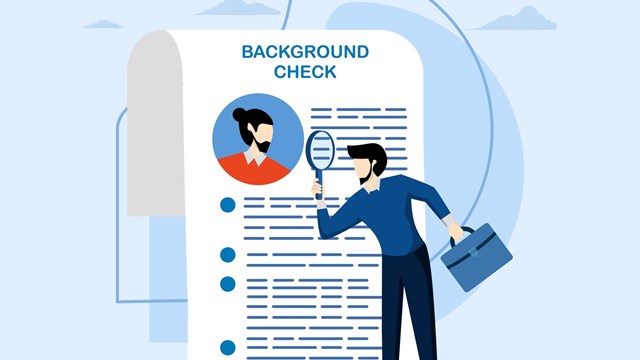
In the world of housing, discrimination is a very sensitive subject. A failure to understand it and abide by the laws could result in a lot of trouble, including for boards and owners at condos and co-ops.
Avoiding such missteps involving housing discrimination was the focus of a seminar held on June 7 and hosted by the New York City-based law firm of Anderson Kill. Approximately 35 people from various sectors of the real estate industry--among them attorneys, managing agents, accountants, brokers, owners, and co-op board members--attended the one-hour event, “Avoiding Housing Discrimination Claims,” at the firm’s Manhattan office.
Deborah Koplovitz, an attorney and shareholder with Anderson Kill, conducted the seminar on how housing discrimination applies to co-op and condo buildings as well as rental properties in New York City and surrounding areas. Ms. Koplovitz concentrates her practice in real estate, business law, and the general representation of privately-held corporations and business entities, such as co-ops and condos.
She explained the purpose of the presentation as providing “a better understanding of the laws that apply, to test your knowledge and to make participants aware of possible concerns when issues arise.”
Knowing the Laws
The laws governing housing discrimination in New York City fall under three jurisdictions: federal, state and local, specifically the federal Fair Housing Act, the New York State Executive Law, and the New York City Administrative Code.
“New York City,” Koplovitz said, “has the toughest anti-discrimination laws in the country,” so owners and corporations should “look at that first,” if their property is within the boundaries of the City of New York.
Considerations in discriminatory actions are wide and varied. Boards and owners need to keep many factors in mind. Discrimination may be intentional or disparate. A good example of disparate discrimination might be ‘No kids in the pool from 4-6 p.m.’
What Not to Do
Discrimination claims fall into many categories and include but are not limited to, age, alienage, color, race, disability, gender identity, lawful occupation, and the presence of children. They can be made against a board of directors, individual members of the board, the managing agent, or even a real estate broker. And don’t forget, if it’s in email, it’s evidence--so think twice about what you write.
Some obvious ‘no-no’s’ that board members should keep paramount in their minds include the following:
1. Don’t inquire about any protected category of resident on a purchase or rental application.
2. Don’t make any statement about any category of people not being ‘desirable’ in the building.
3. Don’t tell a disabled resident or applicant that no service dogs are allowed, even if it’s a ‘no-dog’ building.
4. Never tell a prospective tenant that the owner or the board doesn’t want people in wheelchairs in the building because the wheelchairs damage the premises.
These may seem to be obvious, but they have all been cited in recent case law.
“The most important issue,” says Koplovitz, “which has come up in my practice, as we see the New York City population aging, is a request to modify the front entrance of the building to be accessible to the disabled.” This issue has been pretty much settled in favor of the disabled resident by regulations, laws, and cases. Unless there is some very serious and undue burden put onto a co-op, condo or owner (i.e., adding an elevator to a five-story walk-up building), the resident will need to be accommodated.
What You Should Do
Koplovitz recommends that boards consult with an attorney experienced in housing discrimination matters because the laws are complex and varied. “
A board may not even be aware of all the different categories of protected people, the different standards that apply and a board’s responsibility when presented with a request from a potential purchaser or current resident,” she says. “For example, on July 26, 2016, New York City expanded protection to include victims of domestic violence, sexual violence and stalking under the New York City Human Rights Law, so it is now unlawful to deny housing or provide equal services to these individuals as well. An uninformed board could walk into a housing discrimination claim without even knowing it.”
A J Sidransky is a novelist and a staff writer at The Cooperator.









2 Comments
Leave a Comment